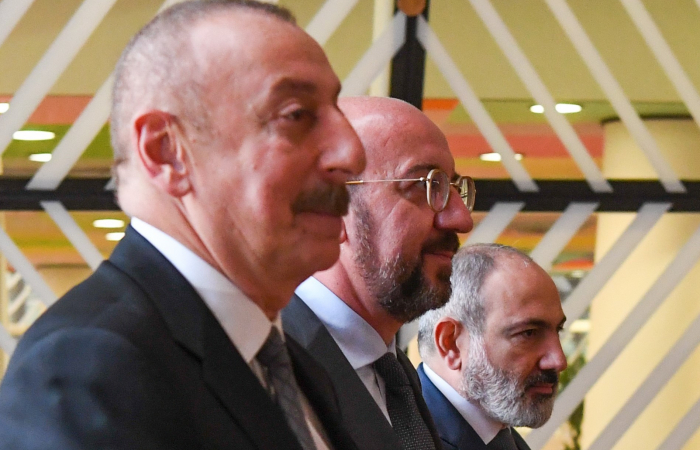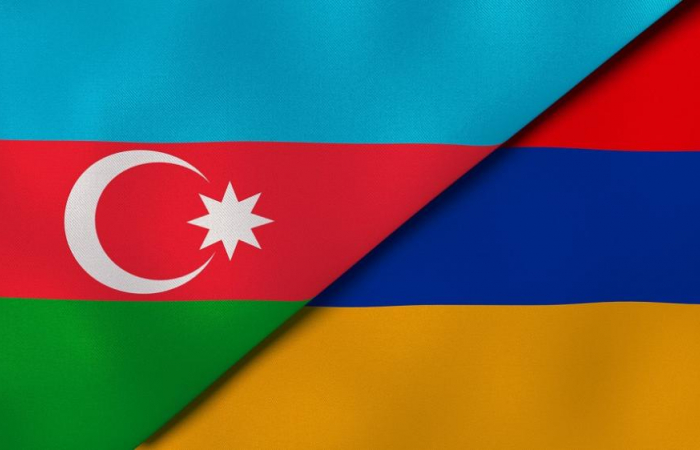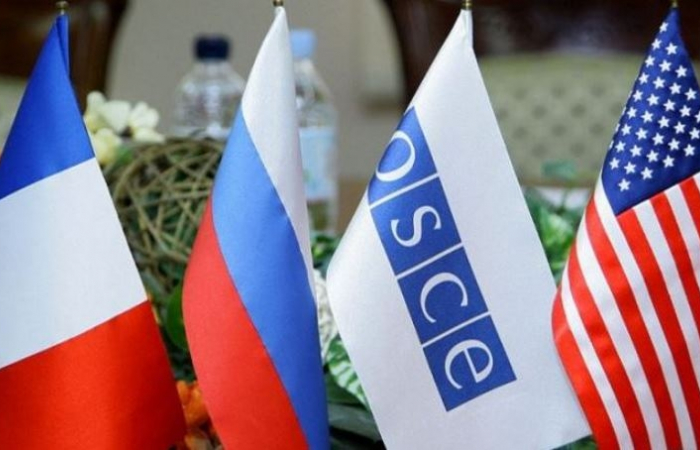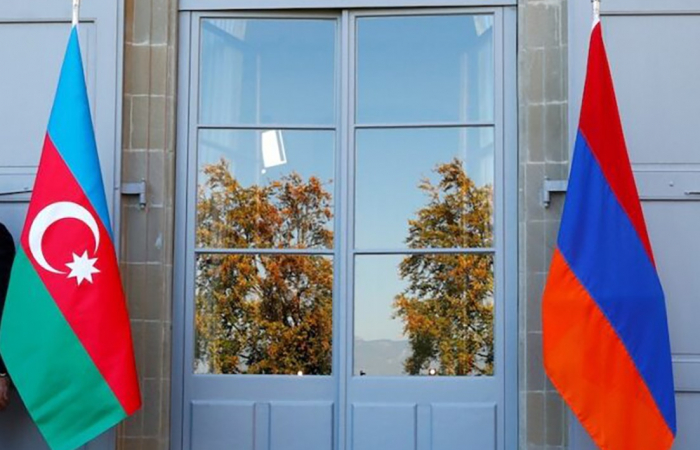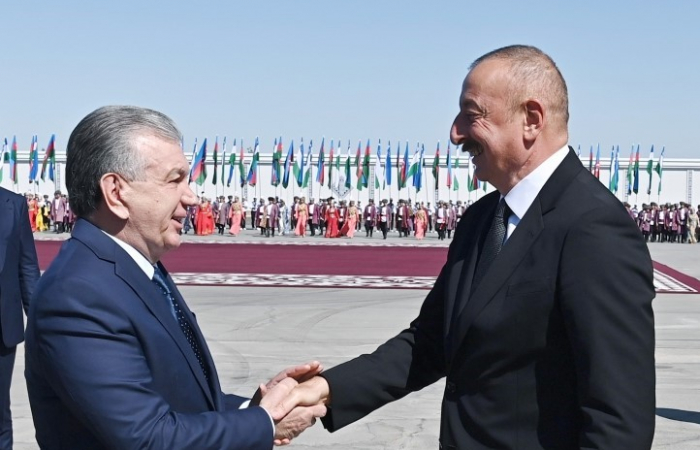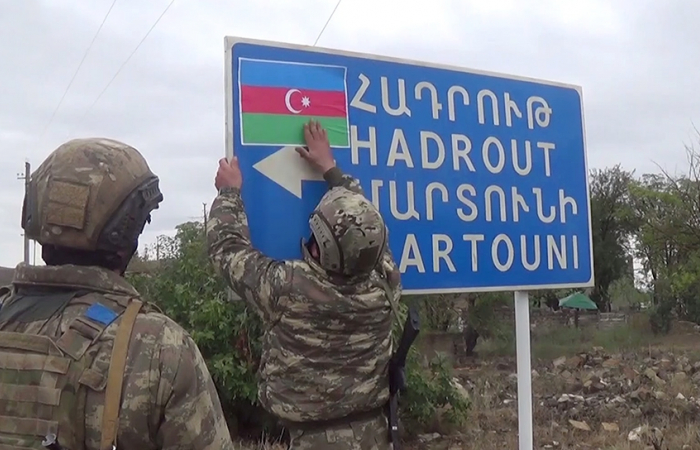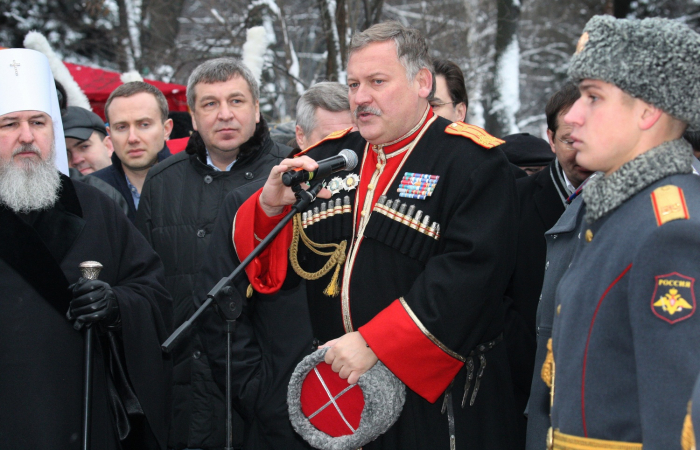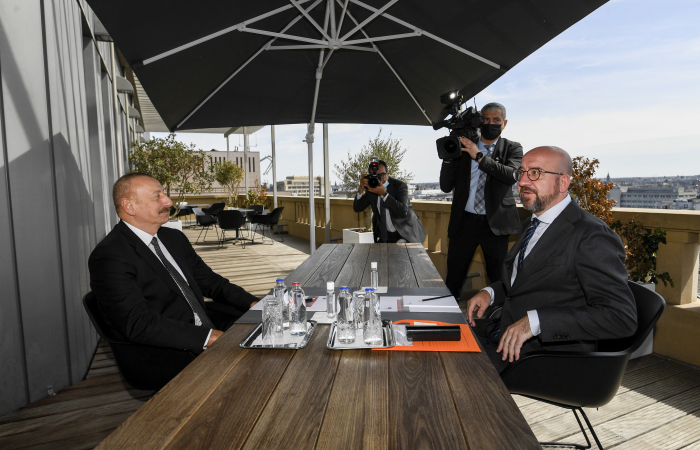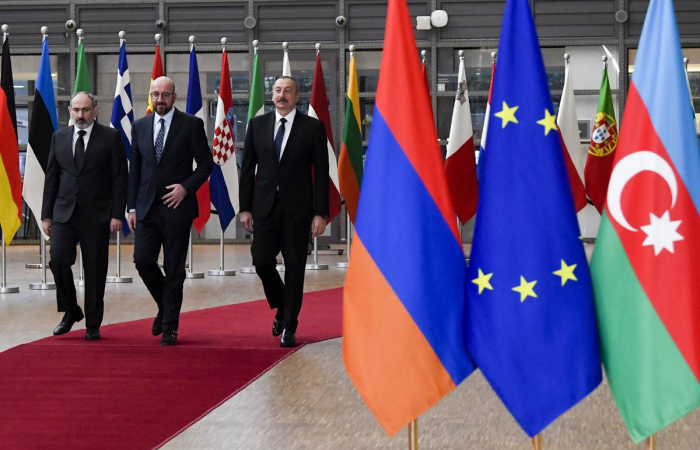Trending
Opinion: Having multiple mediators is not hindering the Armenia-Azerbaijan peace process, yet
2 September 2022
"The peace negotiations between Armenia and Azerbaijan have not been negatively affected by current tensions between Russia and the west. Although Moscow criticized the EU’s mediation initiatives, it has not challenged the implementation of the agreements between the sides, including those reached in the EU-mediated platform", writes Vasif Huseynov in this op-ed.
"Against this backdrop, the two tracks of peace talks (i.e., the EU-mediated and the Russia-mediated) find a favourable environment to run without contradicting each other. This raises hope that the recent positive developments between Baku and Yerevan will advance in the upcoming months", he says.



